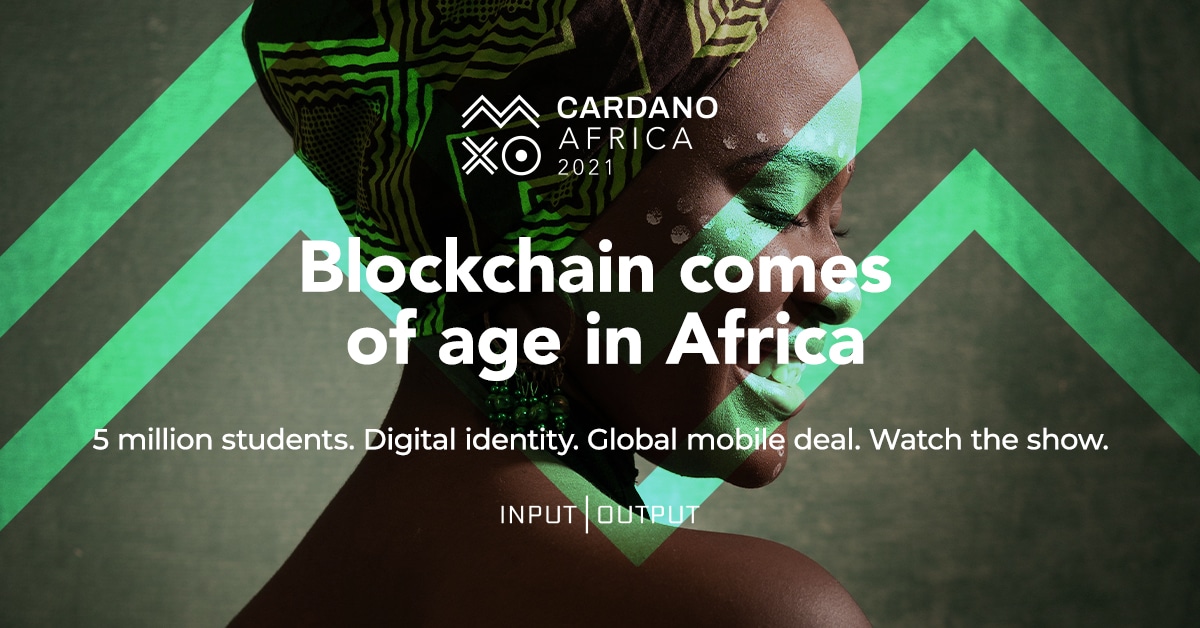For you and me, and millions of people worldwide, we have the means to prove who we are. Via ID cards, driver licenses, birth or marriage certificates, household bills, an officially recognized document is never farther than arm’s length for most of us.
But there are over 1bn people out there who do not have this privilege. Because according to the World Bank, an estimated 1bn of the world’s population face substantial challenges proving who they are. And because of this, they can encounter issues in getting access to work, education, finance, e-commerce, and many other facets of daily life that most of us take for granted.
In fact, much of the structural and institutionalized inequality in the developing world can be linked to a lack of verifiable identity. With blockchain, this no longer needs to be the case. By enabling someone to prove who they are, blockchain technology can provide the gateway to equality, and the key to unlocking economic growth and levelling up opportunity.
Blockchain-based ecosystems are fertile grounds for solutions to longstanding technological and societal challenges, and the provision of identity is just the beginning. We recently unveiled the largest –and the most significant – blockchain technology deployment ever. Our partnership with the Ethiopian Ministry of Education will provide a blockchain-based digital identity for 5 million students and teachers. Using our Atala PRISM digital ID solution built on theCardano blockchain, we’re creating a nationwide attainment recording system that will verify attendance, grades, monitor school performance, and boost education across the country.
This novel application of blockchain technology in education is focused on improving academic outcomes. Yet by providing verifiable proof of qualifications and identity, beyond education, it will open up work opportunities both locally and abroad.
Atala PRISM is built on the principle of Self-Sovereign Identity (SSI), which refers to an individual’s ability and entitlement to have and retain control over their credentials, without being forced to use a centralized, third-party authority as an intermediary. This ‘gatekeeper’ role is removed, handing control of the individual’s identity credentials back to the individual and giving them a way to securely store their identity data.
SSI places the individual, rather than the organization, at the center of the identity framework. This means that SSI is the new paradigm for any user-centric identity management solutions, and cannot be locked down (centralized) to any one entity, locale, or geographical location.
What’s next for blockchain?
Effectively, a decentralized identity built on the blockchain to common and agreed standards acts like an identity passport, opening up access to a host of services never available to an individual before. Blockchain pushes power to the edges, empowering thousands and potentially millions on equal identity terms, providing access to education, work, proof of ownership credit, and much more. Blockchain connects, but also liberates. It connects people with each other, and with opportunities to grow and develop as individuals. And this technology liberates the individuals from the constraints imposed by lack of identity, opening up a range of possibilities that had hitherto remained just beyond their reach.
Access to education and identity are just two of blockchain’s many enabling powers. The decision by the Ethiopian Government to utilise the Cardano blockchain to deliver key government services is just a seed that can grow into that all-encompassing connectedness that blockchain technology can generate. Future expansions into other aspects of society, such as civil registries, micro-loans, transport, etc., could very well place Ethiopia on the world’s pole position for the blockchain race.
DISCLAIMER: Brand Voice is a paid program. Articles appearing in this section have been commercially supported.
